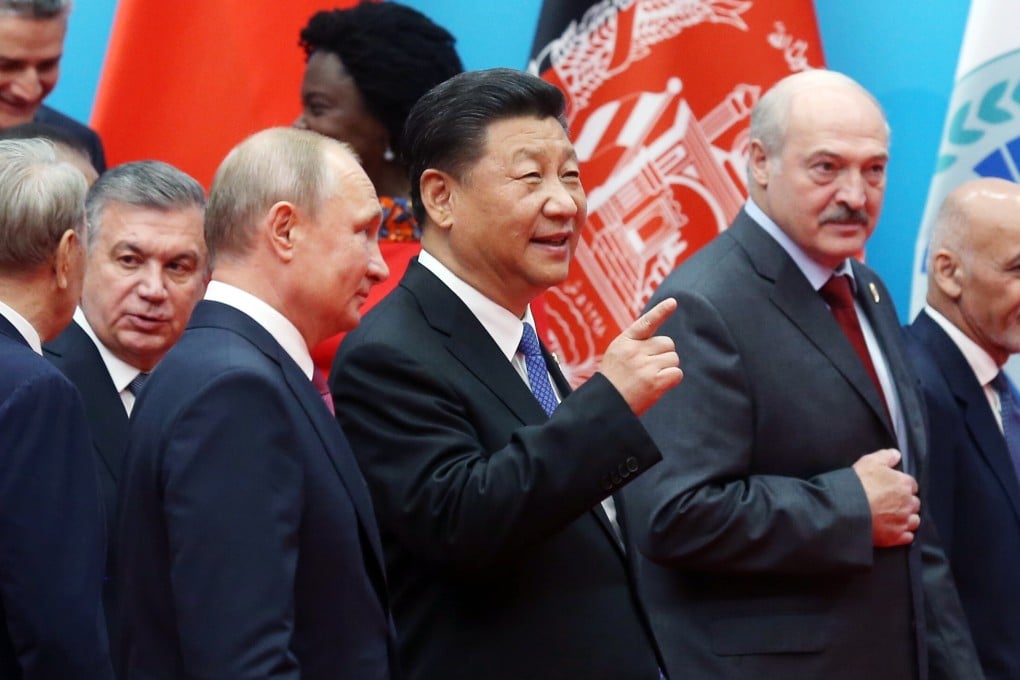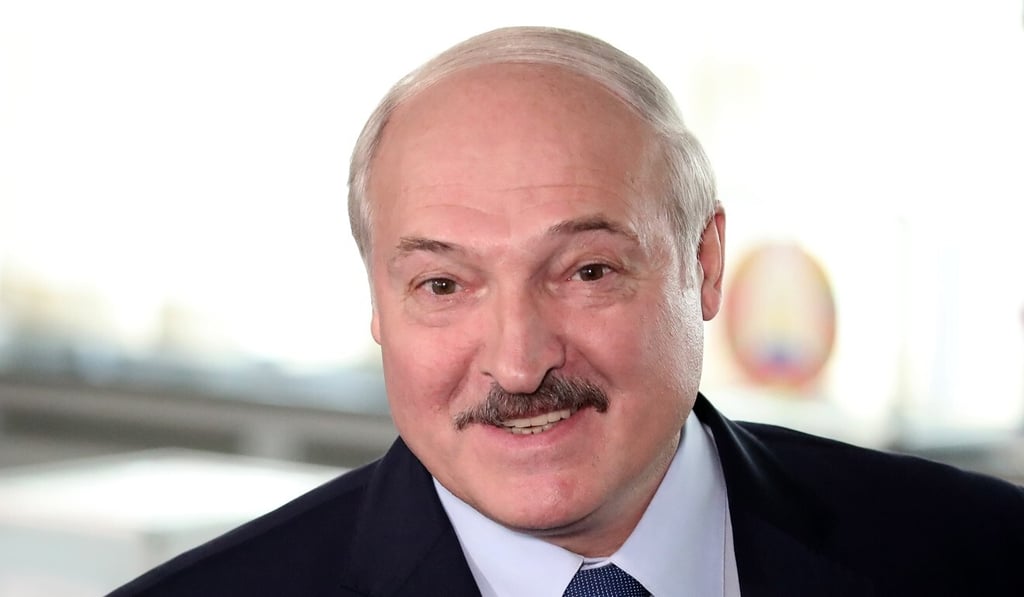Advertisement
China shows support for Belarusian leader amid criticism from EU
- ‘It would send a very troubling message … if China continues to lend Lukashenko support,’ EU official says
- Comment comes in wake of accusations of corruption in presidential election that Alexander Lukashenko won with a landslide
Reading Time:3 minutes
Why you can trust SCMP

As the political instability in Belarus continues to worsen, China is the only major power that supports its long-time president, Alexander Lukashenko.
Accused by the European Union and the United States of rigging the August 9 election, which saw him win a sixth term, Lukashenko said Russia tried to destabilise his country ahead of the poll, amid Minsk’s strained ties with its traditional ally in the Kremlin.
On Friday, all 27 EU foreign ministers prepared a list of Belarusian officials to be sanctioned, in response to days of brutal crackdowns on protesters, at least two of whom were killed and 6,000 arrested – in the wake of Lukashenko’s election victory, which they described as “neither free nor fair”.
Advertisement
The EU also “considers the results to have been falsified and therefore does not accept the results of the election,” they said in a press release.

Advertisement
The EU’s rejection of the result is contrasted with the personal endorsement of Lukashenko by Chinese President Xi Jinping.
Advertisement
Select Voice
Select Speed
1.00x